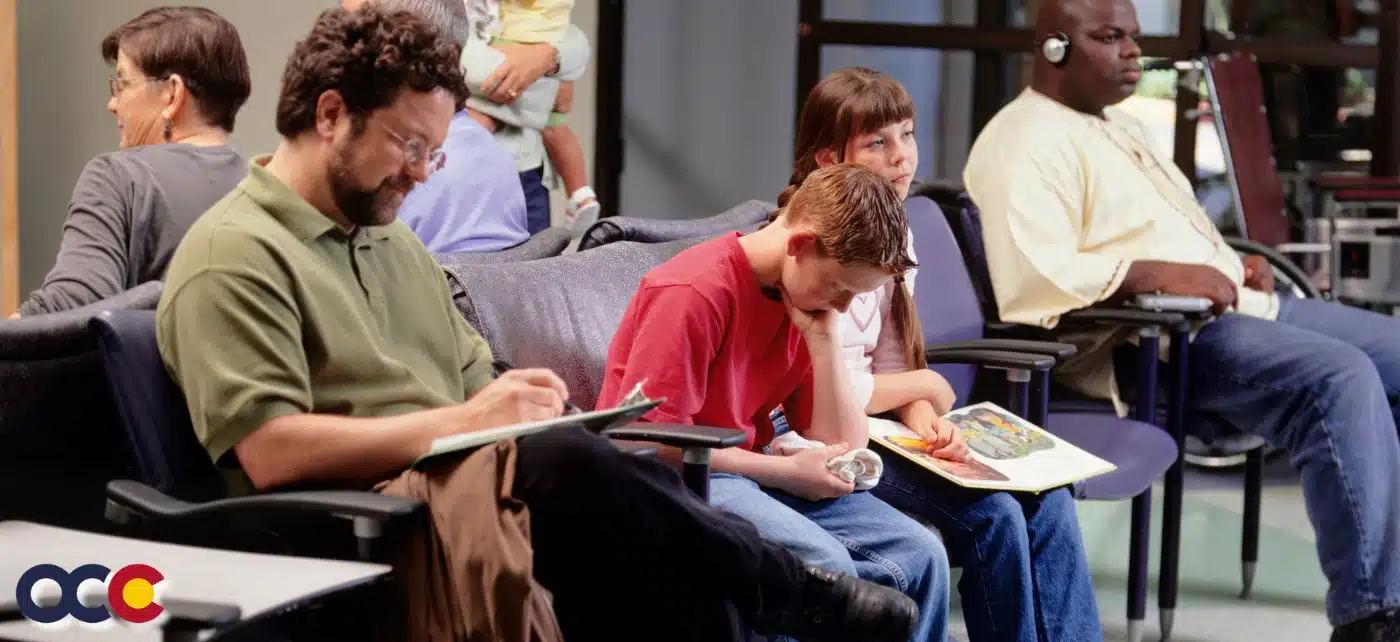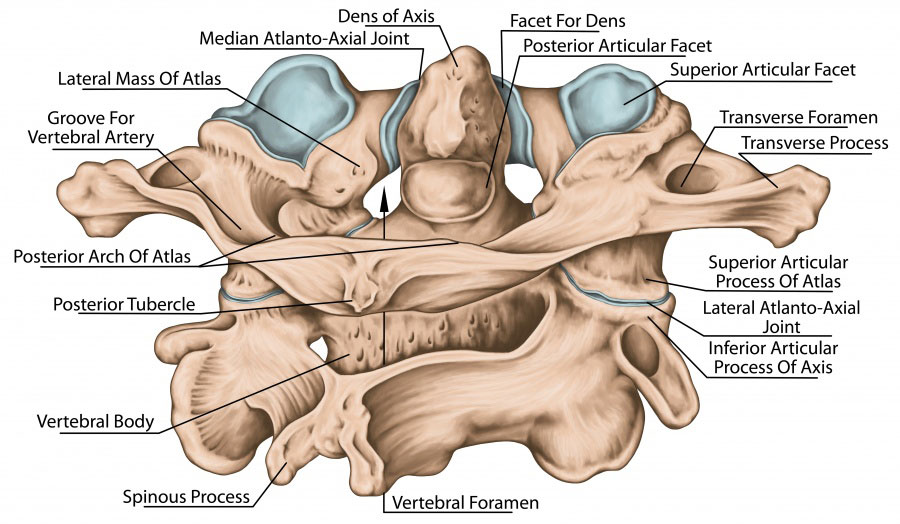Wondering if you should see a regular doctor or an orthopedic surgeon for muscle, joint, or bone pain? Orthopedic surgeons are the go-to experts for all things musculoskeletal – that includes the bones, joints, and muscles that keep you moving.
So, when should you think about seeing an orthopedic surgeon? First, it’s important to understand that not all orthopedic specialists are orthopedic surgeons, and second, you should know that orthopedic surgeons will not automatically recommend surgery. There are many non-surgical solutions that orthopedists pursue to help patients have the best outcome long before considering surgery.
In fact, many orthopedic conditions can be effectively treated without surgery, including up to 70% of all sports medicine injuries.
Whether or not you’ll need surgery depends on your specific situation. Regardless of your best treatment path, here are some general guidelines to help you evaluate when it might be a good idea to chat with an orthopedic surgeon:
- If you’ve got persistent pain that just won’t quit, especially in your bones, joints, or muscles,
- If your joints feel unstable, you have limited range of motion, or they’re frequently giving you trouble, an orthopedic surgeon can help with that, too. This is especially true if problems do not improve with rest, over-the-counter pain medications, or conservative treatments.
- If you’ve had an injury that leads to fractures, dislocations, or serious sprains
- For long-term issues like arthritis or if you’ve tried other treatments without success,
- Degenerative conditions like osteoarthritis, rheumatoid arthritis, or degenerative disc disease may worsen over time, leading to pain, joint deformities, or functional limitations that can be managed or improved with orthopedic interventions.
- For nerve compression: Symptoms such as numbness, tingling, or weakness in your limbs may be due to nerve compression or impingement, which an orthopedic surgeon can diagnose and treat.
Remember that these are general guidelines, and everyone’s situation is unique. It’s essential to consult with an expert who can assess your specific condition and recommend the most appropriate course of action, whether it’s conservative management, physical therapy, or surgery.
What should I look for in an orthopedic surgeon?
Choosing the right orthopedic surgeon is an important decision that can significantly impact your treatment and recovery. Here are some steps to help you select an orthopedic surgeon who meets your needs:
- Get Referrals: Start by asking your primary care physician, friends, family members, or colleagues for recommendations. They can provide insights based on personal experiences or professional knowledge.
- Check Credentials: Ensure that the orthopedic surgeon is board-certified and licensed to practice in your area. You can verify their credentials through your state’s medical board or relevant professional organizations.
- Research Specialization: Orthopedic surgeons often have subspecialties, such as sports medicine, joint replacement, spine surgery, or pediatric orthopedics. Consider the surgeon’s specialization and how it aligns with your specific condition or needs.
- Review Experience: Look for a surgeon with significant experience in treating conditions similar to yours. Ask about the number of surgeries they’ve performed related to your specific issue.
- Read Reviews and Patient Feedback: Check online reviews and patient testimonials to gather insights into the surgeon’s reputation, bedside manner, and overall patient satisfaction.
- Ask Questions: Prepare a list of questions to ask the surgeons during your consultations. Some important questions to consider include:
- What is the recommended treatment plan?
- What are the potential risks and complications?
- What is the expected recovery time?
- What are the alternatives to surgery?
- How many similar surgeries have they performed?
- Will there be a team involved in your care, and if so, who are they?
- Insurance Coverage: Verify that the orthopedic surgeon is within your insurance network to minimize out-of-pocket expenses. Contact your insurance provider to confirm coverage details.
Ultimately, your choice of an orthopedic surgeon should be based on a combination of factors, including qualifications, experience, patient feedback, and your personal comfort level. Taking the time to research and select the right surgeon can greatly contribute to a successful treatment outcome.
The team at Advanced Orthopedic and Sports Medicine Specialists is widely recognized as regional leaders in comprehensive orthopedic services. They have received specialized training in orthopedic surgery and in subspecialty areas within the field of orthopedic medicine. Get to know the entire team of orthopedic surgeons and sports medicine specialists in the Denver metro area and see which specialist is the best fit for your needs.







